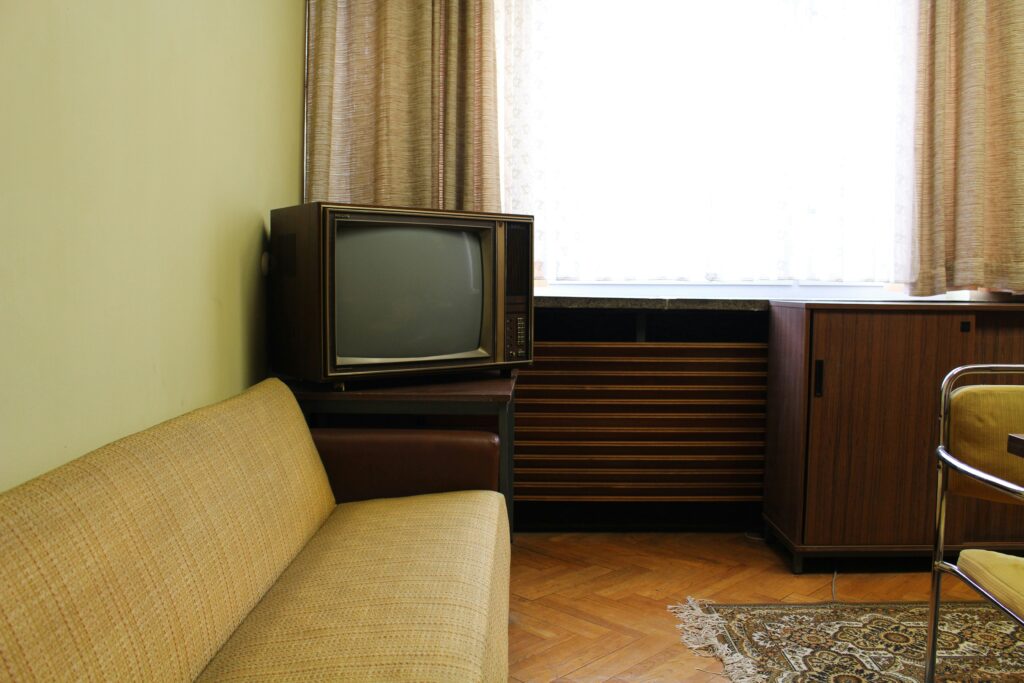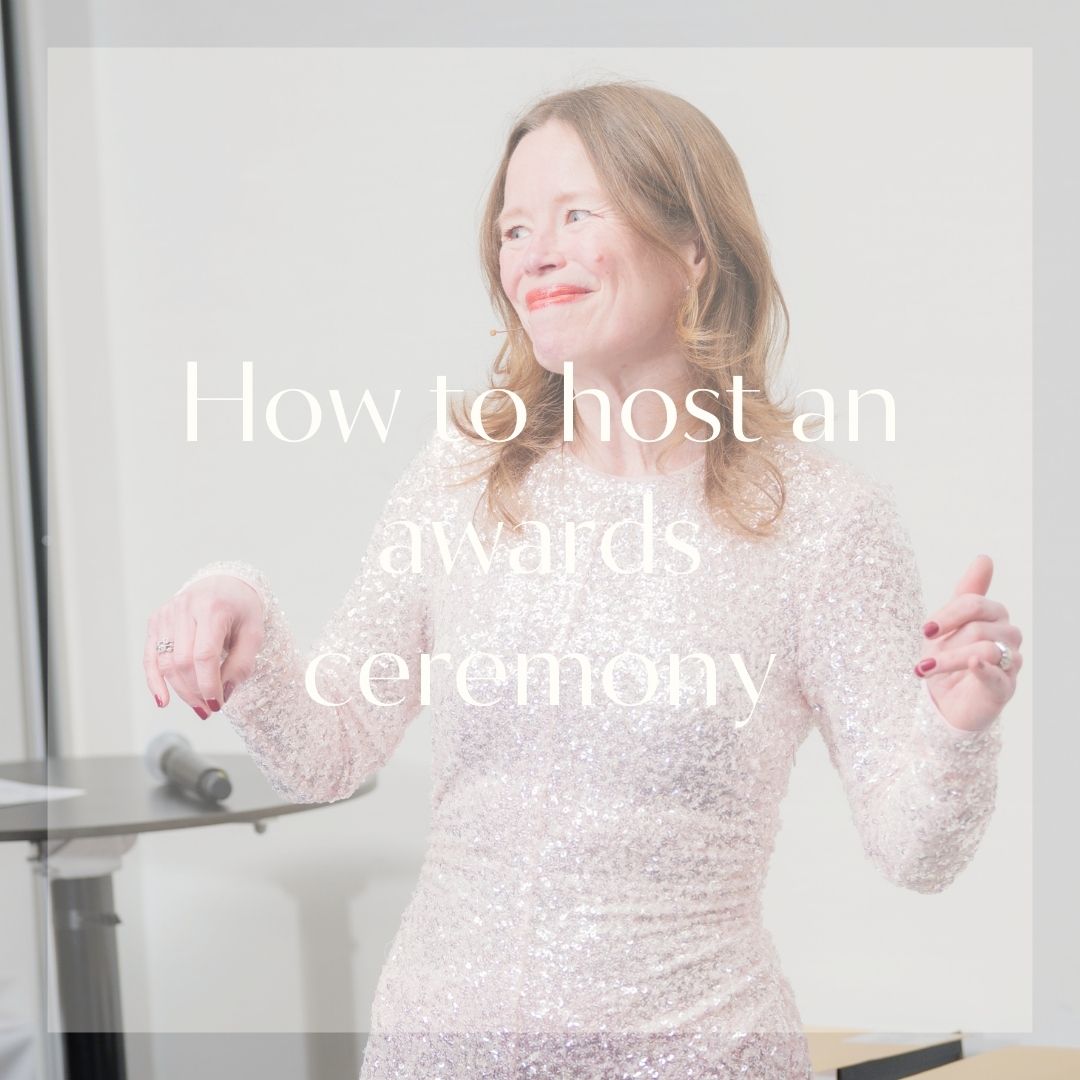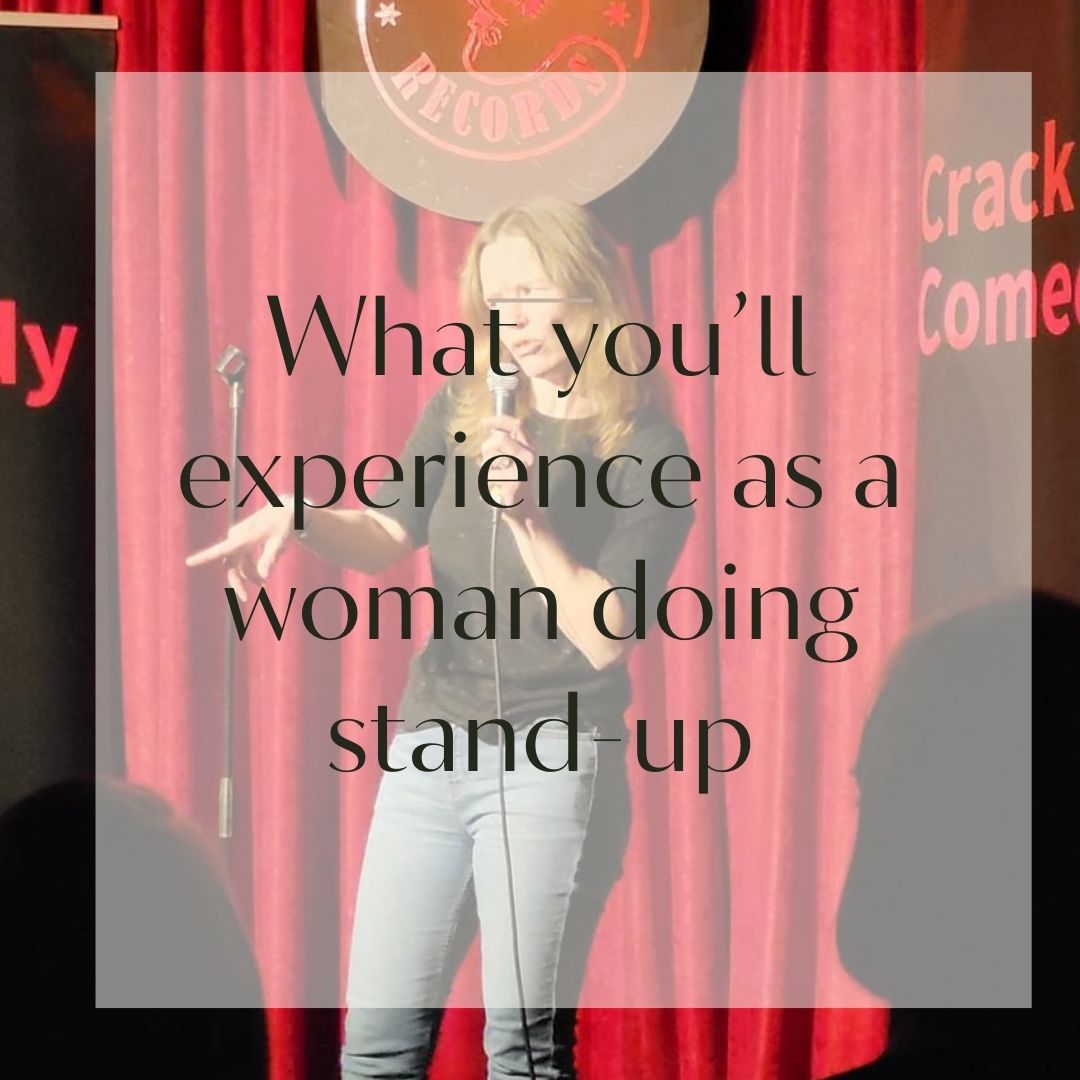It’s a peculiar thing to grow up in thrall to your television and then realise you’ll probably never get to be on it. Whether it’s the programmes you enjoy or the adverts you love (go on, ask me to sing the Bird’s Eye Steakhouse ad with the workmen in the van… I dare you!) research by the Creative Industries Policy and Evidence Centre suggests only 8% of people in the industry are from working class backgrounds.
Early television dreams
Like a lot of people born in the ’70s and ’80s, television was often an extra parent in the room – and, occasionally, another teacher in the classroom. Shows like Play Away and Blue Peter encouraged fun, song and creativity for all the family and Derek Griffiths single-handedly introduced skat to a generation of children through his work on Bod and Heads and Tails.
Schools programming taught us to Look and Read (which in turn spawned a novelty rave song ‘Magic e’ which I can’t for the life of me find so you’ll have to make do with the original). It gave us history lessons too with ‘How We Used to Live‘ (none of us felt we’d been born into the wrong generation after seeing that!). Meanwhile, Grange Hill was the school we all really wanted to go to – it gave us characters to relate to and fall in love with, and shone a light on the serious issues that impact children’s lives to the extent that lots of parents banned their children from watching it.
I wanted to be on television. Wanted to write adverts. Wanted to be in the audience on Top of the Pops. But how do you even get to do these things when you don’t know anyone in telly?
Watching working class icons on television
My earliest television viewing was characterised by seeing working class actors and characters. Comedy was an artform for working class people. I saw people who were ‘like me’. Marti Caine was an icon who came from the toughest of starts in Sheffield. Michael Caine (no relation) was a god from incredibly humble beginnings. My favourite characters from Grange Hill came from council estates.
Fast forward to today and an episode of Taskmaster often features a large proportion of privately educated comedians, and films about ‘geezers’ are made by people who are born to the landed gentry (you didn’t know that about Guy Ritchie? Well now you do).
What has pushed working class people out of careers in television?
Alright, I don’t know the numbers. What I do know is that social mobility has become across the board more difficult. Speaking with creative professionals on my Challenging University podcast, those who were born in the ’60s and ’70s were able to do things which are just not possible today. The whole squat scene that used to exist in London is long gone and projects like the Enterprise Allowance Scheme or the ability to claim dole while building your creative portfolio have been swept away.
I’ve picked a handful of podcast episodes featuring creatives below to illustrate the point:
- Andy Crysell – from foot messenger to cultural insights & strategy founder
- Keith Jeffery – from creative arts to coach for working class professionals
- Tom Armstrong – fashion marketing professional and Common People co-founder
- Sam Hornsby – co-founder of ERIC, the creative app
The ’90s “university, university, university” mantra changed attitudes of employers and young people alike and the few people I knew who were able to take those first steps as show runners or production assistants were able to do so off the back parental income which meant they could work for free.
Today, the people I know whose children want to pursue careers as performers (and who lack networks within the industry) are paying through the nose, sometimes re-mortgaging, to cover specialist college or university fees. So what if you haven’t got a house to remortgage? What happens then?
Simply put, having talent isn’t enough. As in much of life, if you’ve got money and a network, you can still make it if you’re mediocre. If you haven’t – you’ve got to be exceptional.
What can we do to get more working class people into television careers?
I’m not even going to position myself as a go-to person on this. Instead, I’ll point you in the direction of playwright and screenwriter James Graham’s powerful MacTaggart lecture.
I came across it after reading a news article on the brilliant Alma’s Not Normal second series (YES!) written by, and starring, the phenomenal Sophie Willan which says:
“Playwright and screenwriter James Graham recently called for more opportunities for working-class people in the TV industry.
Delivering the MacTaggart lecture at the Edinburgh TV Festival in August, he cited figures which suggest only 8% of people currently working in television are from a working-class background.
Graham … referred to class as “everyone’s least favourite diversity and representation category” and said more attention should be paid to social mobility.
Ashbourne tells Willan: “I don’t think there’s anything on TV quite like it. I think you’re a brilliant role model for people that come from challenging or diverse backgrounds. And you don’t settle for ‘no’. You want the best and you are deserving of the best.”
I love that last line. And I love the work that organisations like Common People and ERIC are doing to bring more working class people into creative industries – turning social mobility from conversation into action. If you know of any others, please put them in the comments below. And if you’re looking for someone to speak on “everyone’s least favourite diversity and representation category” – drop me a line via the contact form.
Watch me talk about social mobility
Whilst I never did get my dream of being on television, the work I do today as a keynote speaker, compere and stand up fulfils an element of that desire to be on stage and screen. Want to check it out? Have a look here:
Image credit: Photo by Sebastien LE DEROUT on Unsplash




